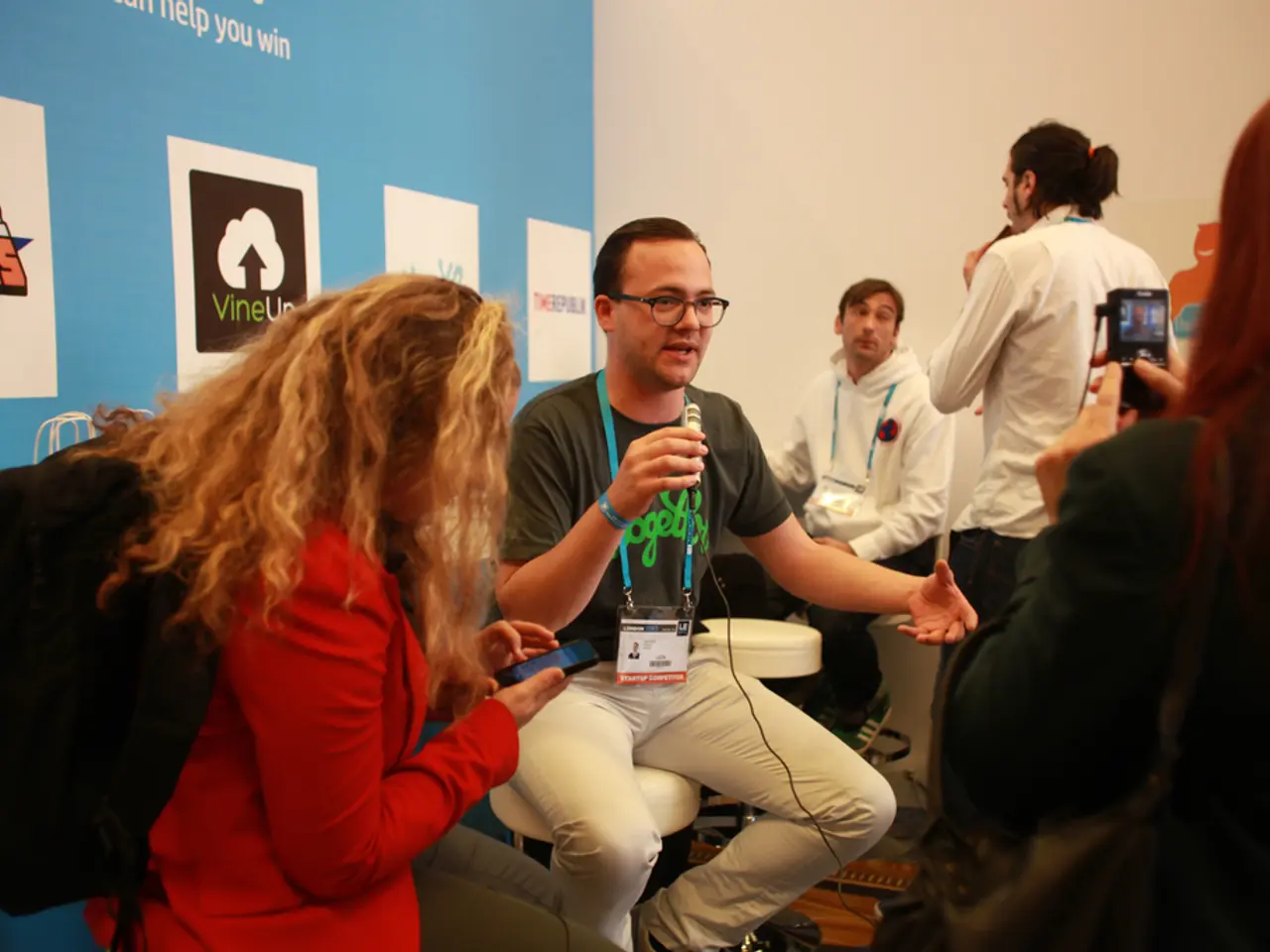"Bill Gates Explains His Ideal Response to the Frequently Asked Job Interview Query: 'Why Should We Hire You?'"
In today's competitive job market, standing out in a job interview can be a challenge. But, by following a three-part strategy inspired by Bill Gates, you can make a lasting impression on potential employers.
Highlight Evidence of Achievements
Start by showcasing your skills and accomplishments using the STAR method (Situation, Task, Action, Result). For instance, discuss a project where your problem-solving skills or adaptability were crucial in achieving a successful outcome.
Next, emphasize what you learned from these experiences. Highlight how they have developed your skills and adaptability, demonstrating a growth mindset and a willingness to learn and improve.
Turning a Flaw into a Performance Asset
Identify a trait or behavior you've worked to improve and explain how you've managed it in professional settings. This shows self-awareness and a commitment to personal growth.
Describe how this process of improvement has made you a stronger candidate. For example, if you've worked on delegation skills, explain how it has enhanced your team's performance.
Align Personal Goals with the Company's Future
Discuss what excites you about the company's mission and work. Show that you've done your homework by referencing specific initiatives or values that align with your own professional goals.
Explain how your personal goals and aspirations align with the company's future plans. This demonstrates that you are not just looking for a job, but are genuinely interested in contributing to the organization's growth and success.
By using this structured approach, you can provide an intentional, credible, and relatable response that showcases your value and enthusiasm for the role.
According to hiring data, concrete examples of applied skills carry more weight than abstract strengths. So, be sure to back up your claims with real-world outcomes.
In the final part of his answer, Bill Gates pivoted from personal accolades to showing how his ambitions aligned with the company's long-term goals. This strategy reflects "constructive vulnerability," a way of showing self-awareness without undermining competence.
The shift from self to mission is often what separates a good interview from a great one, signaling to hiring managers that the candidate is forward-thinking and interested in contributing to long-term success.
In the context of a job interview, highlight your achievements by providing specific examples of your problem-solving skills and adaptability in a business setting, demonstrating the growth mindset and a commitment to self-improvement.
Additionally, by focusing on how you've addressed challenges in your career and turned them into strengths, you can display your self-awareness and demonstrate your potential to grow within the company, ultimately aligning your personal goals with the company's future aspirations.




